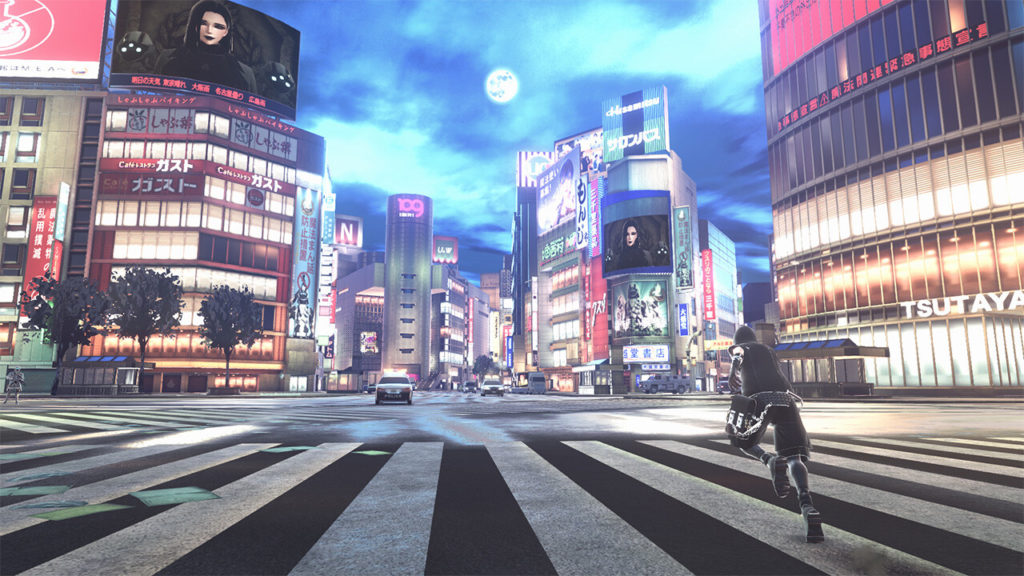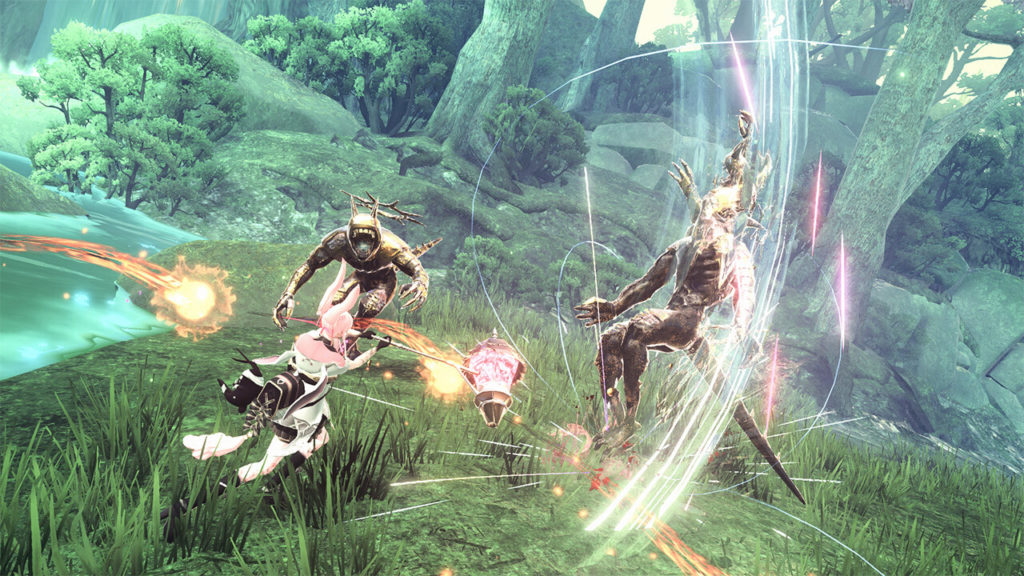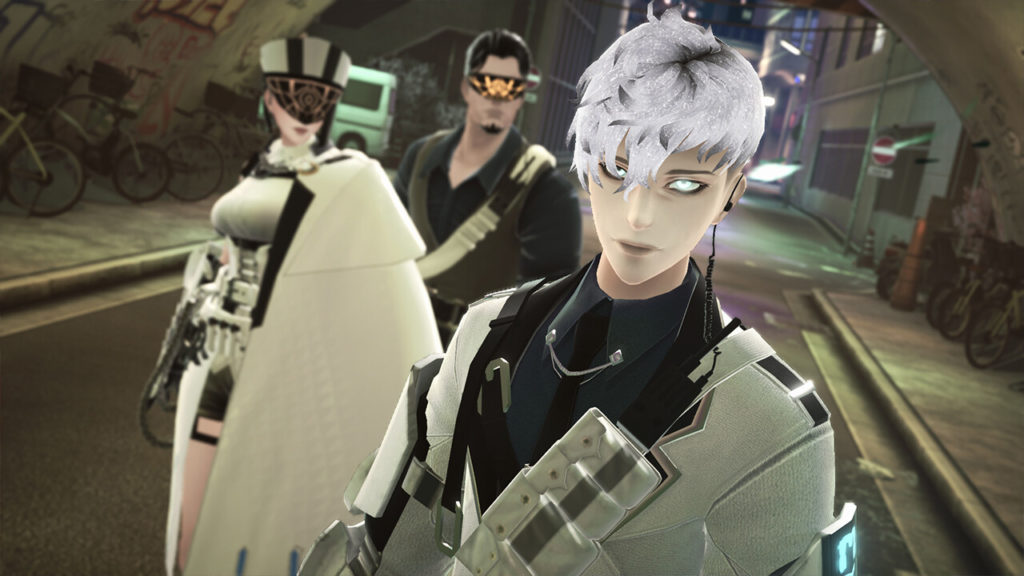Reynatis review
There’s a lot to be said for nostalgia. In many ways, the past was a brighter, better place. More hopeful, too, maybe, because we hadn’t lived through, well, all of this yet. But the games industry spends more time and money on nostalgia than almost any other entertainment industry. It’s considered praiseworthy when a game made in 2024 perfectly replicates one made in 1994, or when age-old franchises are resurrected for one last sequel. All of which is great – when it’s intentional. Perhaps not so much in the case of Reynatis.
It’s a third-person action game that isn’t shy about its influences, which again is fine if executed well. But Reynatis feels like a PS2 game – and not in the way that it feels like this was a missions statement during development, but in a way that simply makes it feel… old. Graphically it’s very rough, with uneven textures and jagged edges. I might have overlooked this – and indeed the combat tries hard and almost succeeds initially to distract from it – but the story is also a fairly derivative mess.

It’s set in an alternate version of Shibuya, where magic is real. It’s also dangerous, and therefore regulated by an arm of the police force called the MEA, who themselves are allows to use magic but only to stop people using magic. Main character number one, Sari, is a newly-blooded member of the MEA. She’s joined by Marin, a wizard from the streets, with more characters joining later. Arguably the first half of the game belongs to Sari, while the focus steadily shifts to Marin later.
The characters are fairly interesting, if a little standard for the genre, but it’s telling that a lot of the best moments in Reynatis come when you’re walking around the streets of Shibuya, and your characters are interacting with each other and the world. You can also gain useful skills and abilities just by investigating things like graffiti, so there’s a purpose to simply exploring too.
A clunky tutorial explains the basis of combat, which all centres around a mechanic known as Burst Liberation. You have two states: Liberation and Suppression. In the former you’re all about damage and speed, and using up your MP to destroy enemies. Once your MP is gone, you switch to Suppression mode, where you time your dodges to counter attack and earn your MP back before unleashing the full meter in a Burst attack.

It’s not particularly original, but it at least forces you to think on your feet in each fight. It’s a little easy to game the system though, as you don’t really have to time your dodges. Instead, a large colourful ring will appear when you can dodge or parry, and all you have to do is hold the button down until the ring changes colour and then release, making it an easy combat system to exploit, since the enemies never stop coming at you.
Boss fights are especially egregious later on, because they start pulling out attacks you can’t suppress in the way you’ve been learning to. In fact, you can’t dodge them at all, and so while you’re busy dodging the attacks you can dodge, you have to remember that some of them you can’t – all while the fights escalate more and more towards something like bullet hell.
Initially the combat looks very flashy, until you start to realise you can’t really tell what’s happening. Your character flails about and leaps and jumps, and particles fly around (sort of), but it’s so messy to watch that it begins to lose its lustre quite quickly. It packs in some interesting special abilities and they’re all varying degrees of over-the-top, but it’s not as cool as it thinks it is.
None of this is helped by the bland environments and samey enemy design. Variety is hardly a watchword in Reynatis, but even though the dungeons you explore have different themes and layouts, none of them felt suitably otherworldly. You delve into them when you travel into the clumsily named “The Another”, which is an alternate, oddly wooded, dimension existing beneath the real world. But you won’t often feel wowed by any of it visually.

If you’re a fan of Yoko Shimomura, though, you’ll be in your element for a lot of Reynatis. The veteran composer (whose work on the Kingdom Hearts series – among others – won her a legion of fans) produced the music for this title. There aren’t a great many tracks and so they may become repetitive, but the score is genuinely solid.
Ultimately, though, Reynatis feels like a game completely out of its time. The visuals stop just short of being outright ugly by modern standards, and the convoluted story and messy combat can’t be saved by solid music and a small percentage of the overall experience spent not engaging with the core gameplay loop. It’s not an awful game to play and there is some fun to be had where characters and spectacle are concerned, but it remains a pretty average experience throughout.





